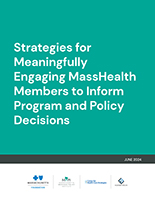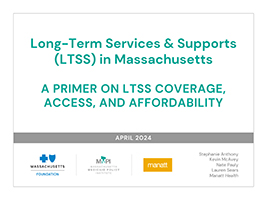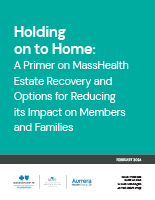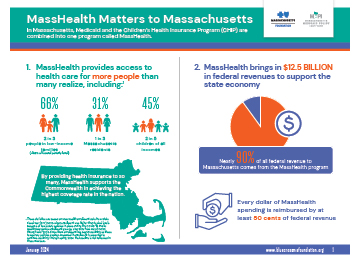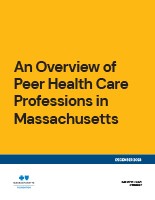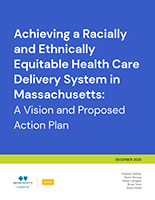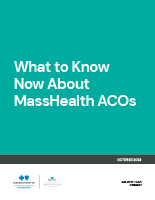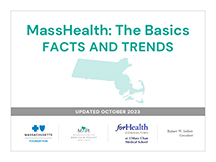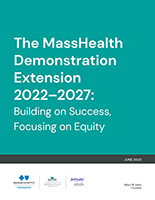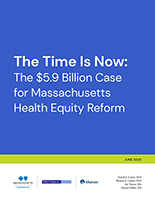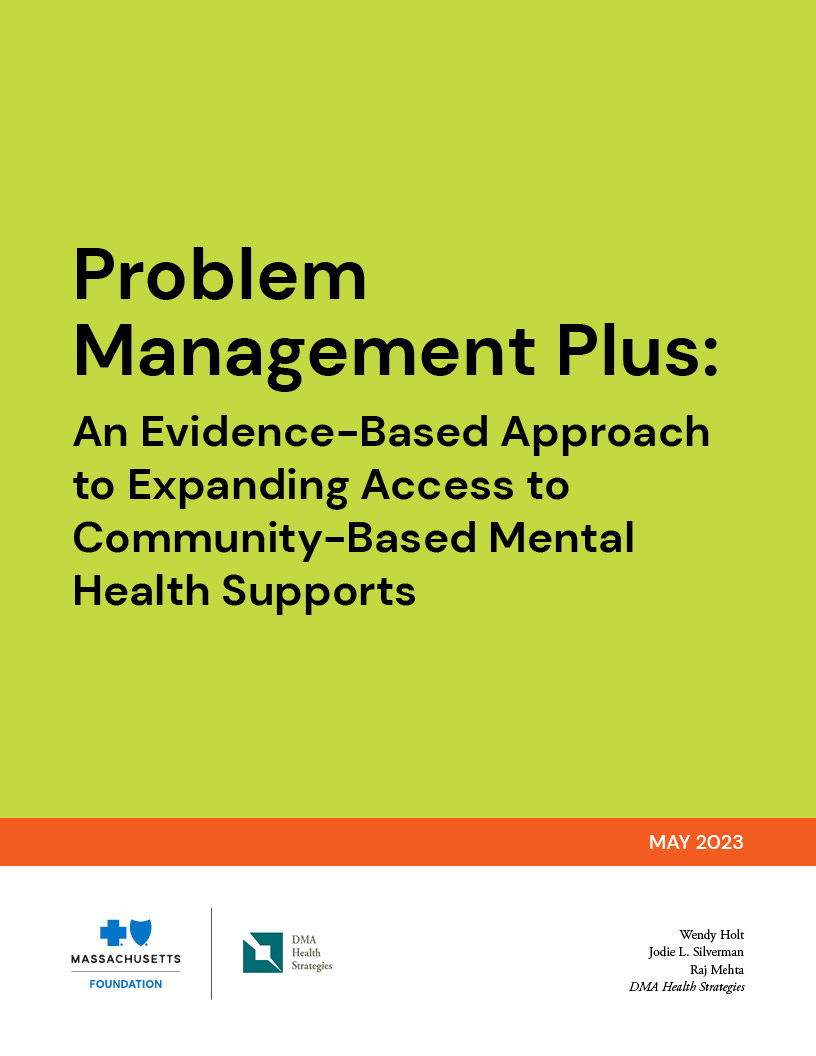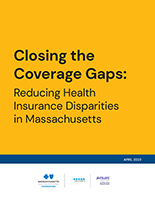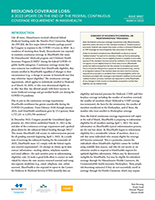Massachusetts Roadmap for Behavioral Health Reform: Overview and Implementation Update

In early 2023, Massachusetts began implementing its Roadmap for Behavioral Health Reform (Roadmap), a sweeping set of changes aimed at simplifying access and entry to the state’s outpatient behavioral health care system for all Massachusetts residents. The Roadmap reforms are designed to address challenges with the current behavioral health care system, including difficulty finding community-based providers and culturally relevant services, a lack of integrated mental health and addiction treatment, and a continued reliance on the emergency department for crisis and acute care.
Based on input from select Massachusetts stakeholders and early implementation data, this report describes the key components of the Roadmap and how they are intended to improve access to behavioral health care services. It also provides an update on implementation of the Roadmap, describes early successes and challenges, and identifies opportunities to strengthen implementation moving forward.

